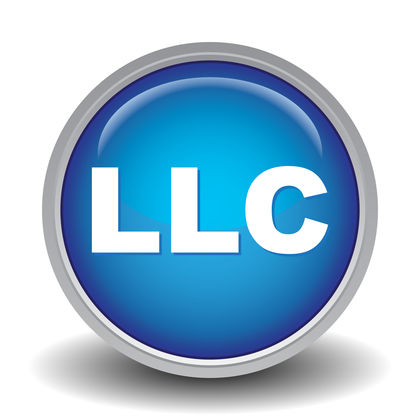Difference between LLC and LTD

Businesses are often associated with terms such as LTD and LLC. The former, known as private limited companies, are common in Europe and Commonwealth countries. In the United States, private limited companies take a backseat, and LLCs (limited liability companies) are preferred by businessmen.
The basic similarity between the two structures is that they both offer limited liability, where only business investment remains at stake for the owners. However, differences exist in the overall limitedness of the debts and obligations, along with rules regarding taxation and number of owners.
In an LTD, shareholders’ personal assets are protected in case the company goes into liquidation or insolvency. However, the initial investment made by the owners will be lost. Same holds true for an LLC, but their legal structure will depend on the type of corporation they have been listed as – such as S Corporation or C Corporation. An LLC will combine characteristics of a corporation and partnership for greater operation flexibilities and tax efficiencies. However, it will not be corporation.
Shares in an LTD cannot be offered to the general public, but exceptions exist, where shares can be offered to selective people. The members cannot be less than two, but cannot exceed fifty either. Owners of an LLC are also called members, but they can be one or more.
The taxation criteria for both differs too, where an LTD company will pay taxes as a separate entity from its owners or shareholders. An LLC on the other hand, has the presence of pass-through taxation, which allows it to bypass taxes at various company levels. Moreover, an LLC can convert to a corporation or go public in case it is growing or needs to raise money for expansion and other purposes.
Instructions
-
1
LTD
It is a private limited company, incorporated under the laws of various Commonwealth countries (England, Wales, Scotland and Republic of Ireland), providing stockholders assurance with limited liability protection. Shares of LTD companies cannot be traded publicly, but may be presented to co-founders or members.
Image courtesy: msmecredible.com
-
2
LLC
It is a structure, which combines elements of a partnership and corporation, further providing limited liability and pass-through income taxation to its owners. The structure is prevalent in the US, and is suited for a single owner. They need not to be formed for profit purposes.
Image courtesy: referenceforbusiness.com








